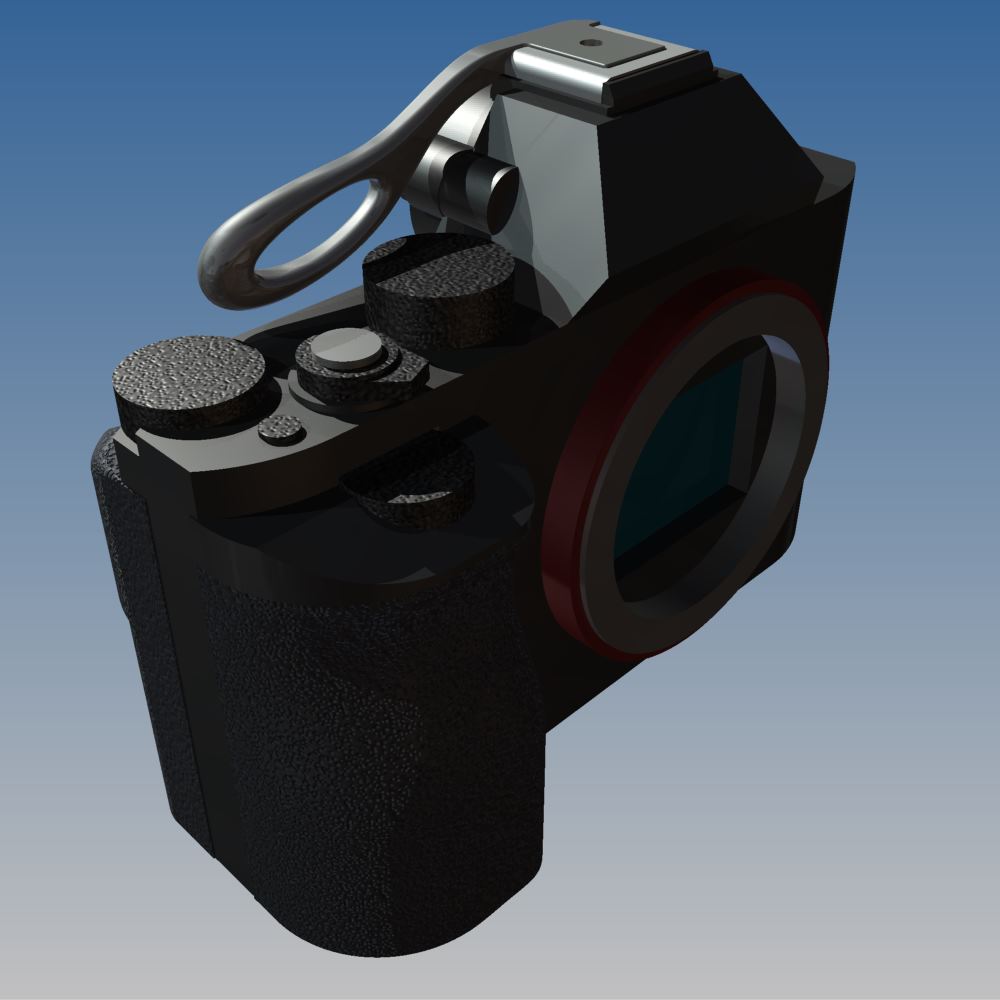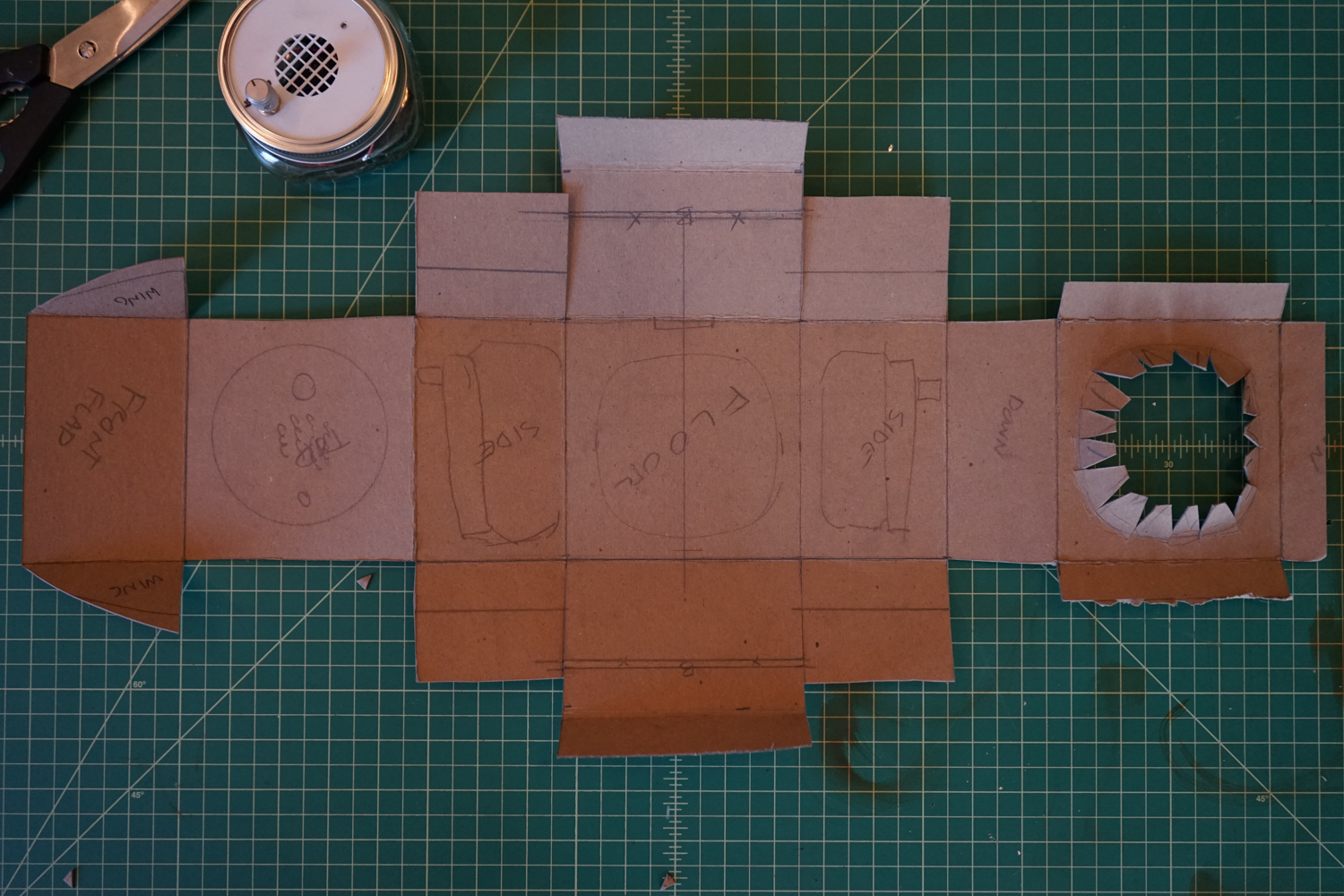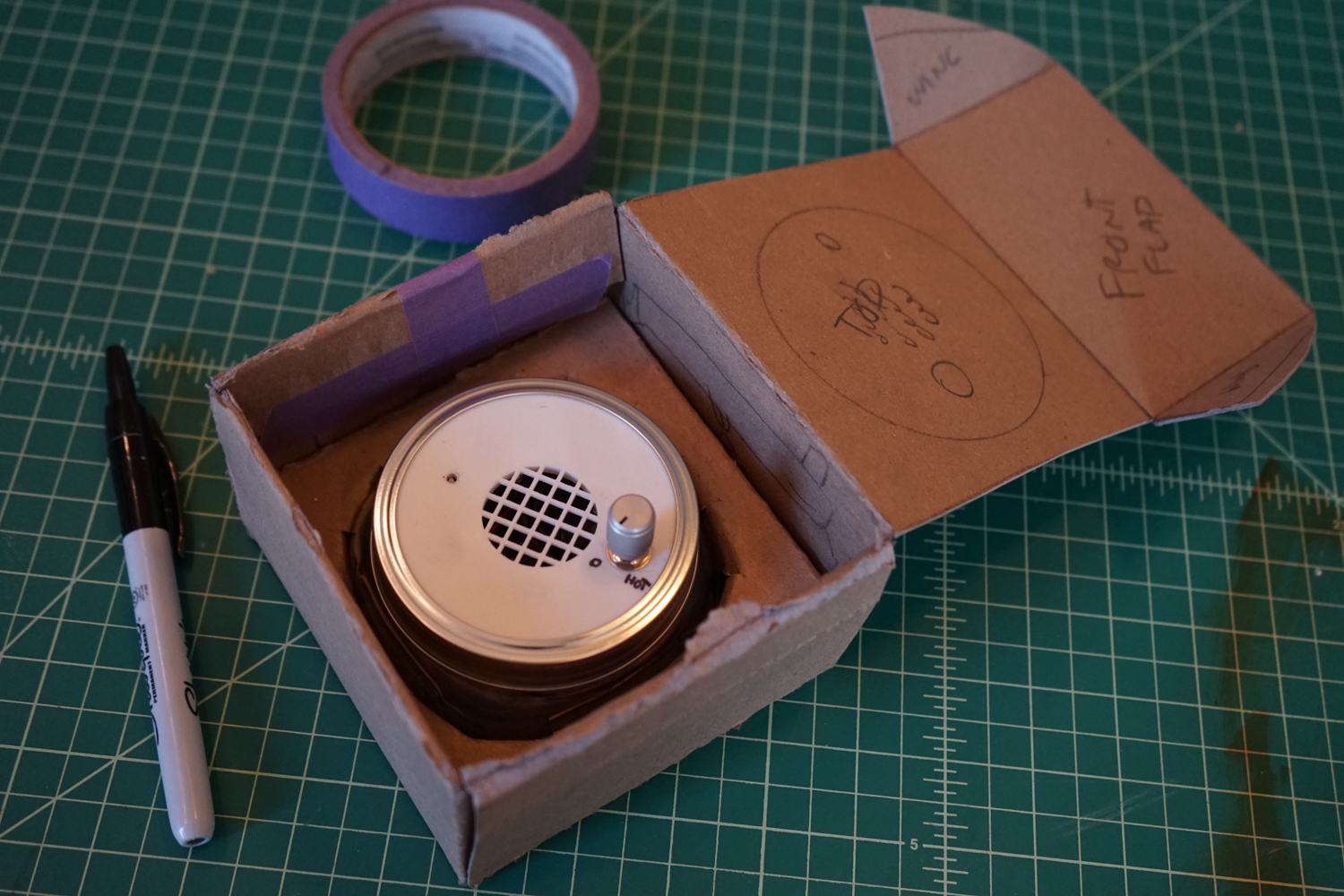John Hagel, writing about the act of publicly expressing vulnerability as a tool for building influence (emphasis is original):
In the old days, it was simple and straightforward. We built influence by having answers...In an exponential world, answers have rapidly diminishing value. The greatest value in this kind of environment comes from questions, questions that no one had even thought to ask but that help to focus attention and effort on promising but previously ignored areas. Questions invite a different and more powerful form of participation. It’s no longer just about spreading the word and persuading others. It’s about inviting others to explore a new domain and help to generate new ideas and insights...
But questions do something else that’s absolutely vital for influence – they rapidly build trust with the person posing the questions. The person posing these kinds of questions has just done something very important – s/he has expressed vulnerability. S/he has acknowledged there’s something really important that s/he doesn’t know and needs help to solve...
But what about the influence that comes from having privileged access to knowledge flows? Won’t we undermine that by moving away from hub and spoke networks to mesh networks? Not to worry, by posing the questions that excite and motivate everyone to embark on their exploration, we’ll still have privileged access to the knowledge flows occurring within the network. Whenever someone comes up with an insight that they think is important, they’ll want to reach out and vet it with us. And if we continue to refine and evolve the questions as new insights become available, participants will continue to connect with us to get the most up to date framing of the questions that matter.
I agree with all of this.
Hat tip to Clay Parker Jones for the link.














